Publications
Found 107 results
Author Keyword Title Type [ Year ]
] Filters: First Letter Of Last Name is T [Clear All Filters]
.
2016. Assessment of the Code Refactoring Dataset Regarding the Maintainability of Methods. Computational Science and Its Applications – ICCSA 2016: 16th International Conference, Beijing, China, July 4-7, 2016, Proceedings, Part IV. :610–624.
.
2016. Assessment of the Code Refactoring Dataset Regarding the Maintainability of Methods. Computational Science and Its Applications – ICCSA 2016: 16th International Conference, Beijing, China, July 4-7, 2016, Proceedings, Part IV. :610–624.
.
2016. GMM-Free Flat Start Sequence-Discriminative DNN Training. Proceedings of Interspeech. :3409–3413.
.
2016. Relating Code Coverage, Mutation Score and Test Suite Reducibility to Defect Density. Proceedings of the 9th IEEE International Conference on Software Testing, Verification and Validation Workshops (ICSTW'16); The 11th International Workshop on Mutation Analysis (MUTATION'16). :174-179.
.
2017. Code Coverage Differences of Java Bytecode and Source Code Instrumentation Tools. Software Quality Journal.
.
2017. A Comparative Evaluation of GMM-Free State Tying Methods for ASR. Proceedings of Interspeech. :1626–1630.
.
2017. DNN-Based Feature Extraction and Classifier Combination for Child-Directed Speech, Cold and Snoring Identification. Proceedings of Interspeech. :3522–3526.
.
2017. DNN-based Feature Extraction for Conflict Intensity Estimation from Speech. IEEE Signal Processing Letters. 24:1837–1841.
.
2017. DNN-Based Ultrasound-to-Speech Conversion for a Silent Speech Interface. Proceedings of Interspeech. :3672–3676.
.
2017. Measuring an artificial intelligence system’s performance on a Verbal IQ test for young children. Journal Of Experimental & Theoretical Artificial Intelligence 29. :679-693.
.
2017. Training Context-Dependent DNN Acoustic Models Using Probabilistic Sampling. Proceedings of Interspeech. :1621–1625.
.
2018. Anonymous, Fault-Tolerant Distributed Queries for Smart Devices. ACM Trans. Cyber-Phys. Syst.. 3
.
2018. Exploring the Benefits of Utilizing Conceptual Information in Test-to-Code Traceability. Proceedings of the IEEE/ACM 6th International Workshop on Realizing Artificial Intelligence Synergies in Software Engineering (RAISE 2018 @ ICSE).
.
2018. Exploring the Benefits of Utilizing Conceptual Information in Test-to-Code Traceability. Proceedings of the IEEE/ACM 6th International Workshop on Realizing Artificial Intelligence Synergies in Software Engineering (RAISE 2018 @ ICSE).
.
2018. A feature selection-based speaker clustering method for paralinguistic tasks. Pattern Analysis and Applications. 21:193–204.
.
2018. A Speech Recognition-based Solution for the Automatic Detection of Mild Cognitive Impairment from Spontaneous Speech. Current Alzheimer Research. 15:130–138.
.
2018. Static JavaScript Call Graphs: A Comparative Study. SCAM. :177-186.
.
2018. Study of Various Classifiers for Identification and Classification of Non-Functional Requirements. Proceedings of the 18th International Conference on Computational Science and Its Applications (ICCSA 2018). 10964:492-503.
.
2019. Autoencoder-Based Articulatory-to-Acoustic Mapping for Ultrasound Silent Speech Interfaces. Proceedings of IJCNN.
.
2019. Calibrating DNN Posterior Probability Estimates of HMM/DNN Models to Improve Social Signal Detection From Audio Data. Proceedings of Interspeech. :515–519.
.
2019. Code coverage differences of Java bytecode and source code instrumentation tools. SOFTWARE QUALITY JOURNAL. 27:79-123.
.
2019. Identifying Mild Cognitive Impairment and mild Alzheimer’s disease based on spontaneous speech using ASR and linguistic features. Computer, Speech & Language. 53:181–197.
.
2019. Reducing the Inter-speaker Variance of CNN Acoustic Models Using Unsupervised Adversarial Multi-task Training. Proceedings of SPECOM. :481–490.
.
2019. Study of The Performance of Various Classifiers in Labeling Non-Functional Requirements. Information Technology and Control. 48:1-16.
.
2019. Stunner: A Smart Phone Trace for Developing Decentralized Edge Systems. Distributed Applications and Interoperable Systems. :108–115.
